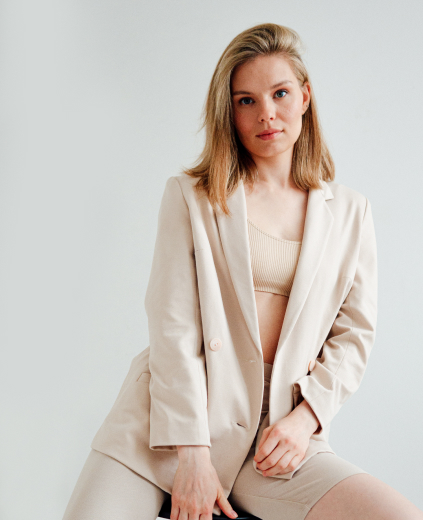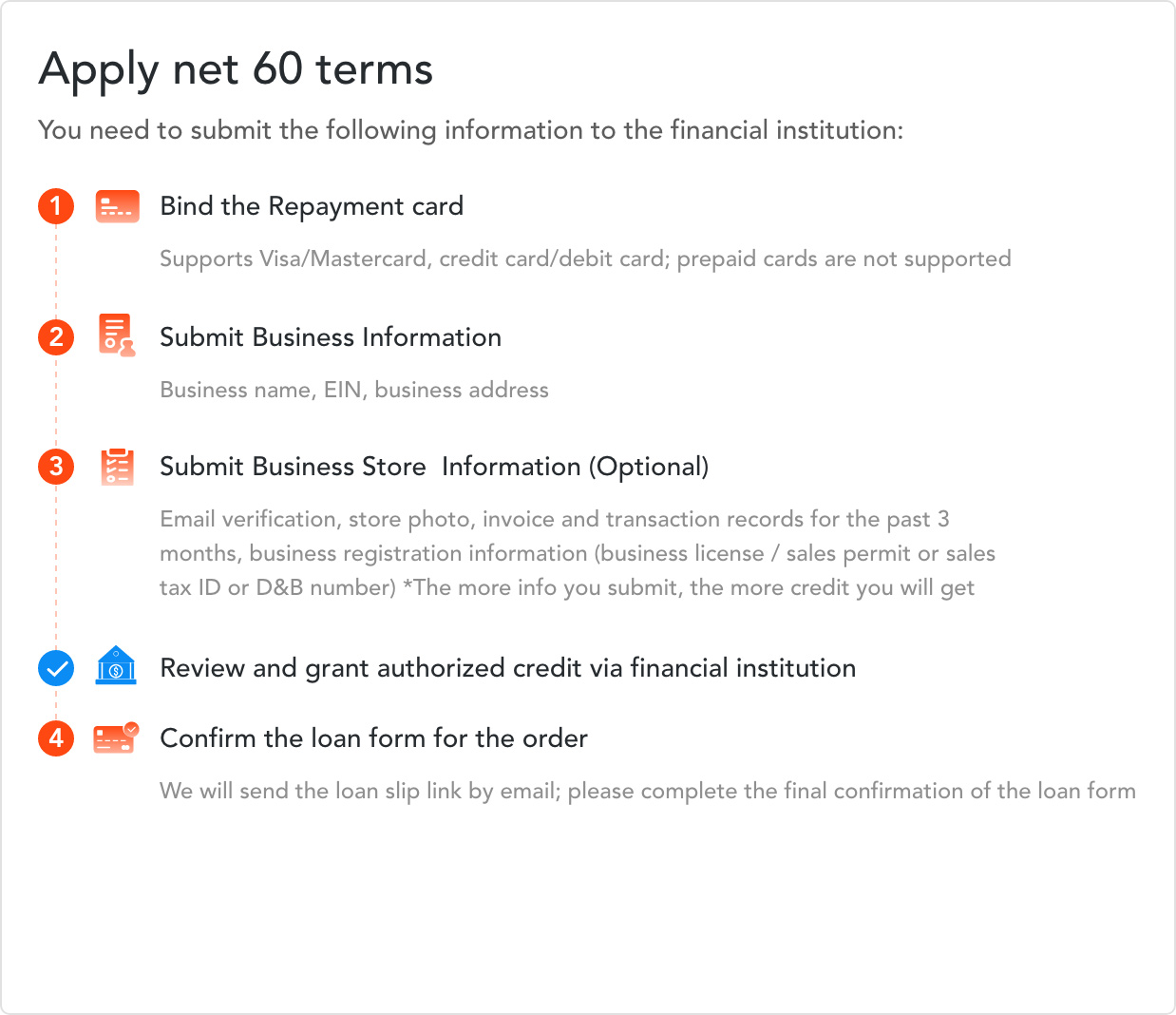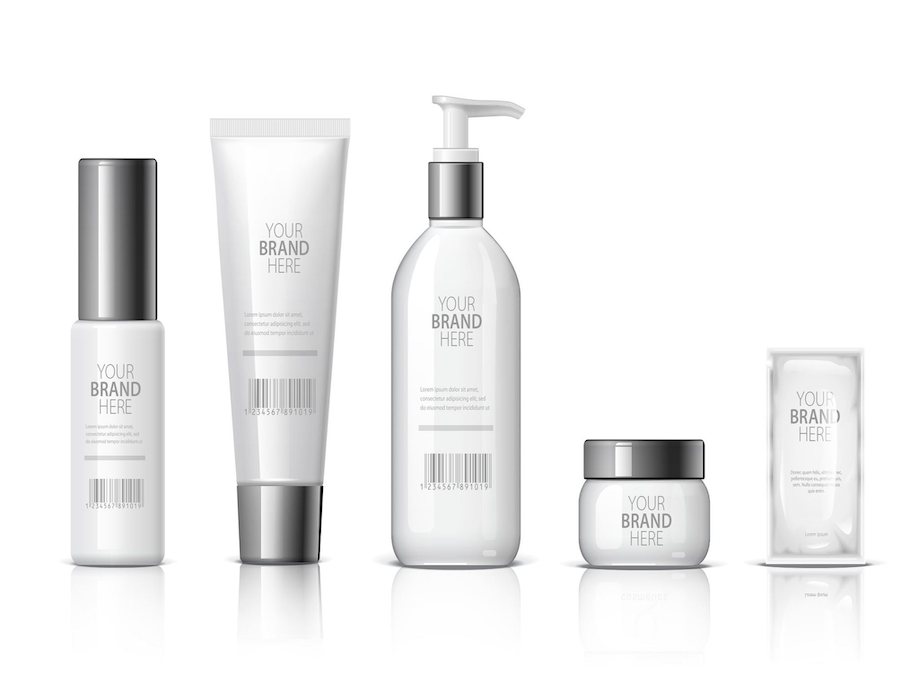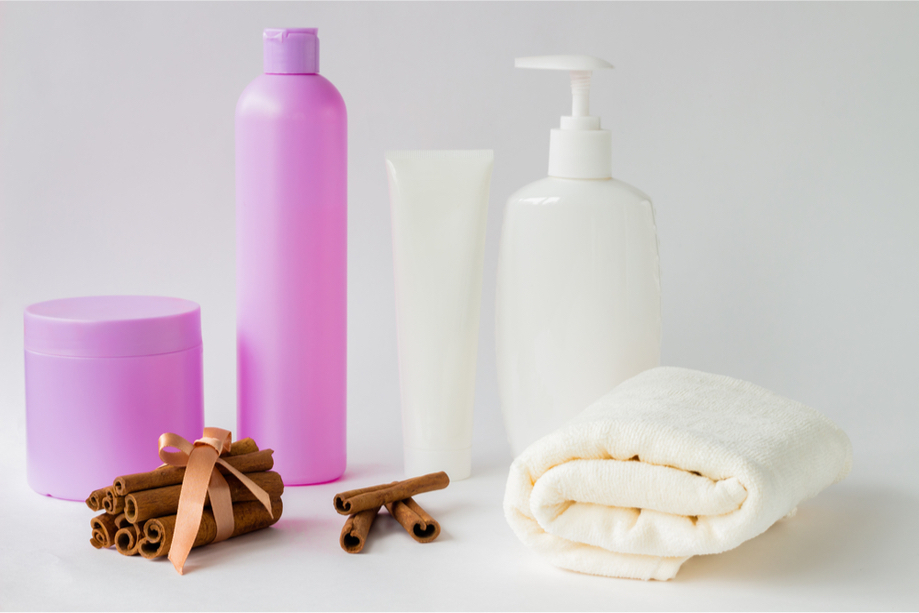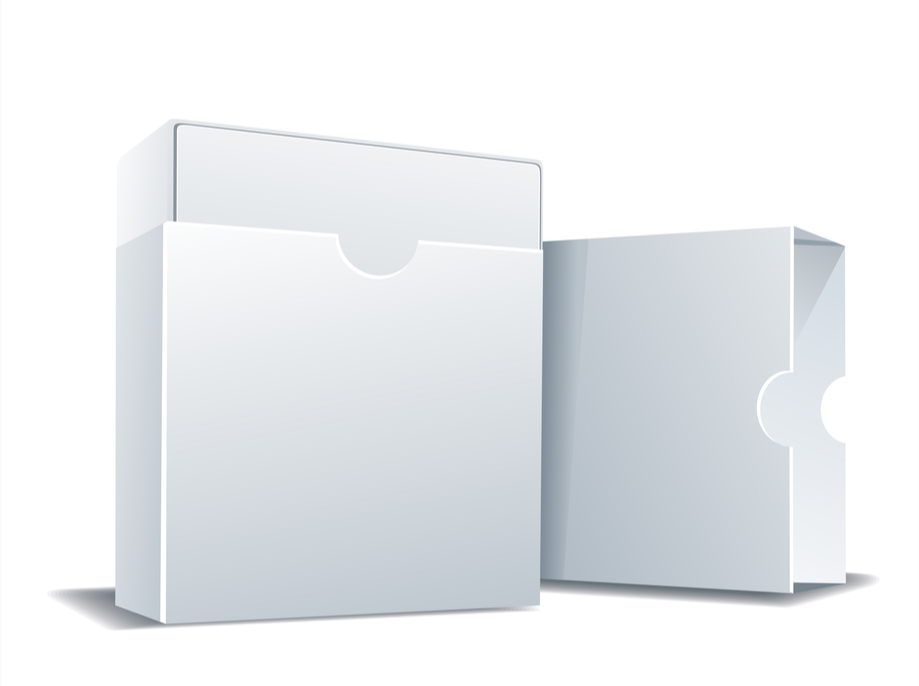
Private label products, similar to white label products, are goods created by one company to be sold and branded by another company. A business owner selling private label products is looking for a product they can put their own brand name on and sell as if it’s their own.
Total retail sales in the US for private label products hit $5.15 trillion in 2021 and are projected to hit $5.35 trillion in 2025, according to data from Statista.
That’s no surprise, considering you see private label products in most major retail stores. Whole Foods' 365 Everyday Value, Trader Joe’s, Publix, Wegman’s, Walgreens, CVS, Rite Aid, Family Dollar, DG, Giant Eagle all sell private label products.
Here’s a list of the top trending private level products to sell in 2022.
1. Private Label Hair Extensions
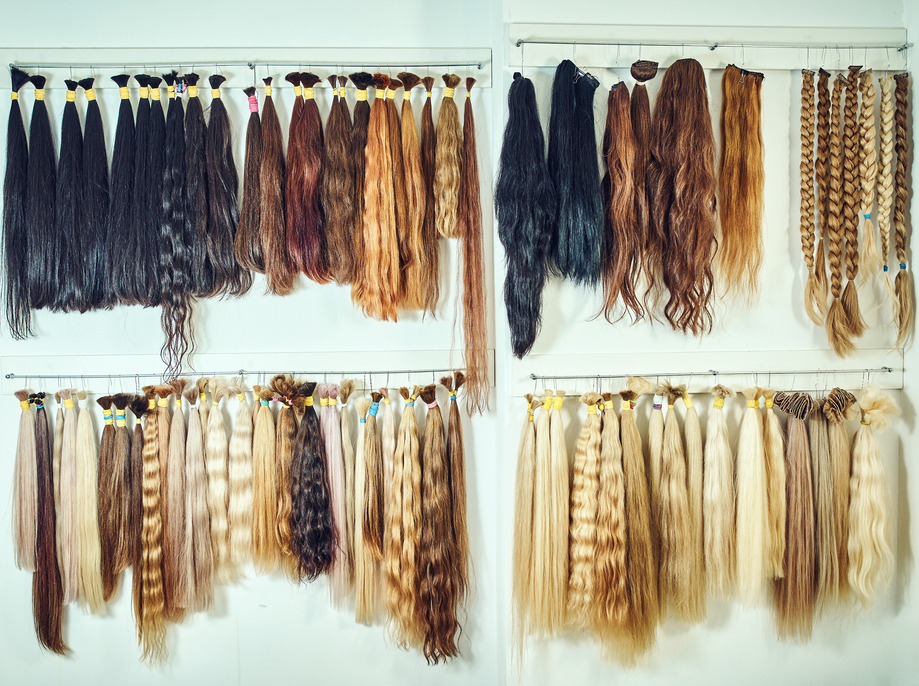
The global hair extensions market is expected to record a growth rate of 4.5% in the expected period, by the end of 2024. Many cosmetics and hair companies have realized that adding hair extensions to their product list will significantly increase their revenue and private label hair extensions manufacturers stock up on all types of hair extensions in demand today. We have collected for you the factories with the highest ranking in the world for hair products, browse here.
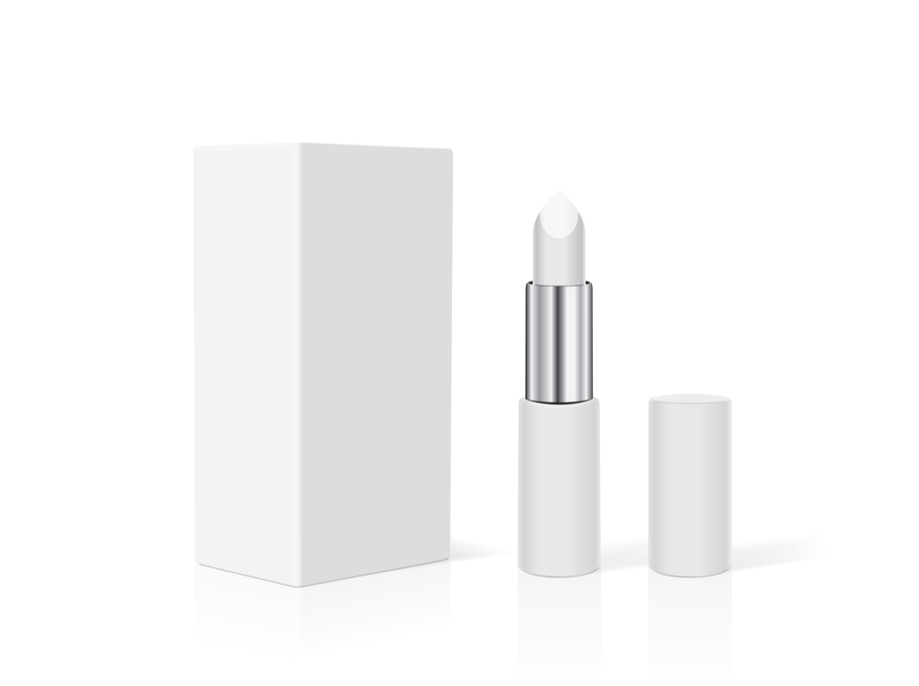
Private label cosmetics companies have a large market share for anyone starting out in this industry. Often the products offered by a private label lipstick company are standard. However, many manufacturers provide customers with the option to choose which ingredients to put in a particular product, change the color, consistency, appearance and overall formula for the desired result, and even design the packaging. This involvement from start to finish in product design and material selection is a more expensive but likely more unique and impressive price that can set your product apart from the rest.
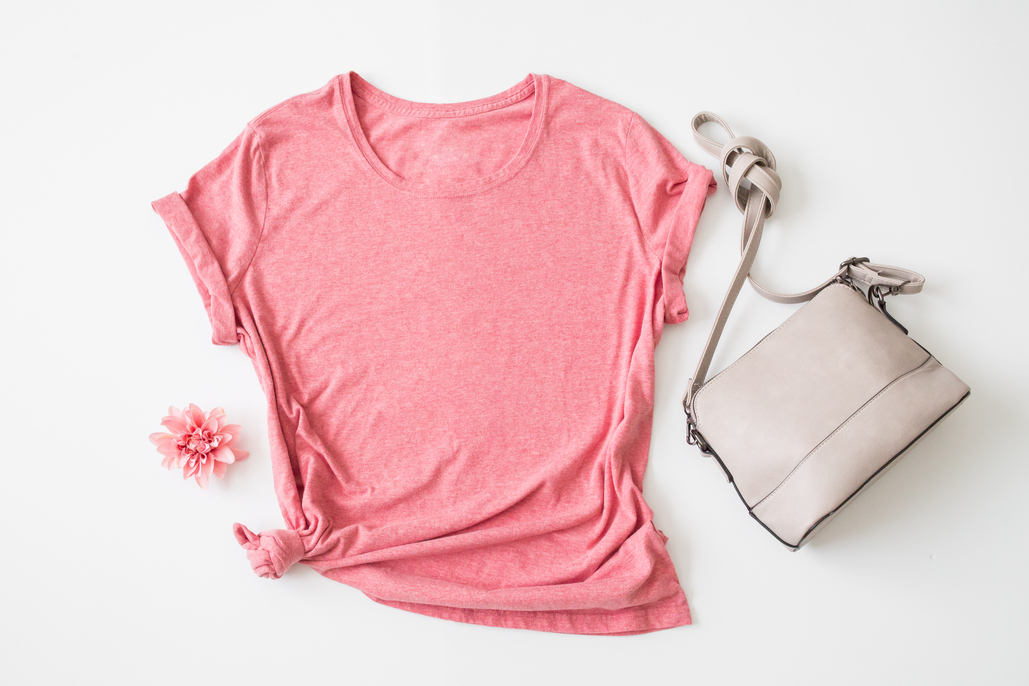
Private label clothing has the largest market share of all private label categories. Private label clothing is almost everywhere, you can find it in department stores, your local discount store and recently in many of the new Shopify stores popping up around us. Private label clothing means that a manufacturer develops styles of empty products and allows customers to purchase units and customize its products. There is usually no brand associated with these items. With a design or logo, you can customize your products to your difference and make them look like yours. Read on to learn how to start building a clothing brand with a privacy brand.
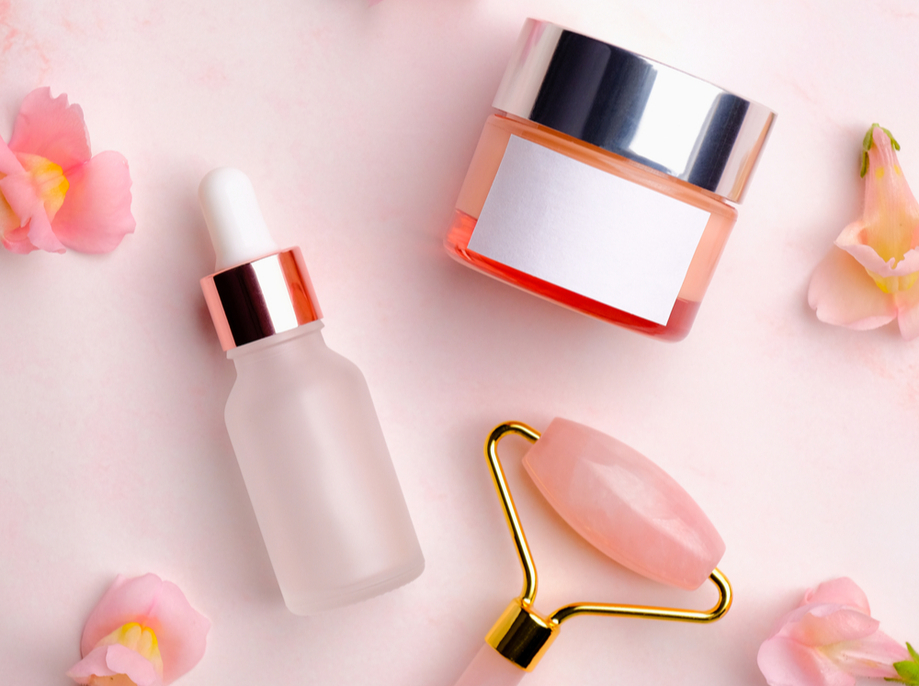
Do you really need a laboratory and complicated certifications to develop a private label for a skin care? The answer is no. What you need is to find the right private label skin care factory with the technology and lab to do it for you. The global skin care market is thriving and is expected to reach 189.3 million workers by 2025.
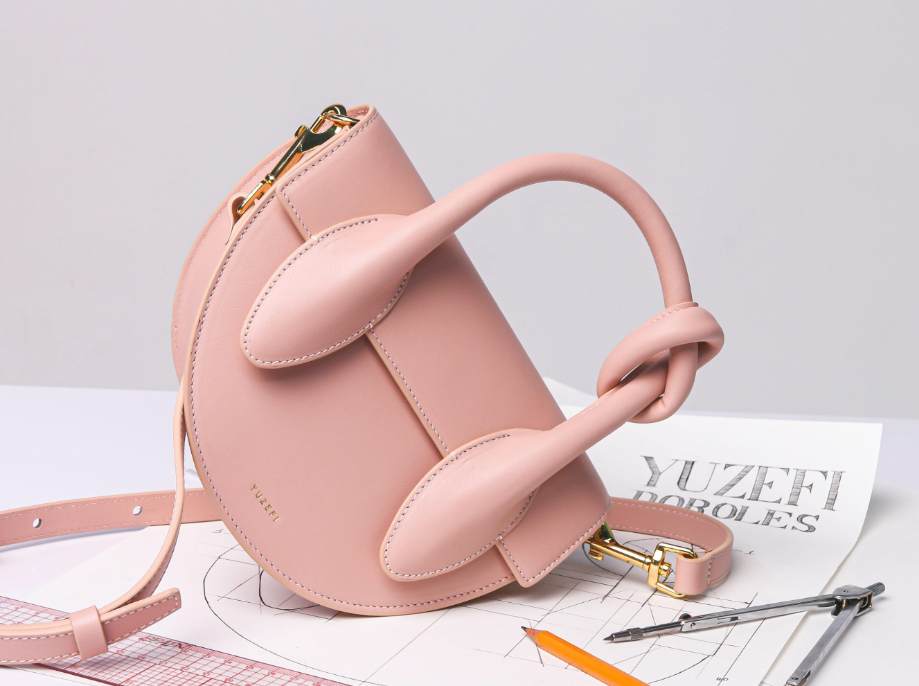
The global Luxury Handbag Market size is expected to reach USD 94.00 billion by 2028, according to a new report by Million Insights. It is expected to expand at a CAGR of 5.3% from 2021 to 2028.. Rising women workforce, along with increasing brand awareness, is driving the demand for private label luxury handbags over the world. Over the past few years, demand for private label handbags has increased due to the growing availability of a design department in many of the factories.
Conclusion
Trending private label products can help you increase your store’s sales. By testing high-potential items that are selling right now, you can better understand what types of products perform well.To get even more ideas about what to sell, Browse our top private label selling products.
